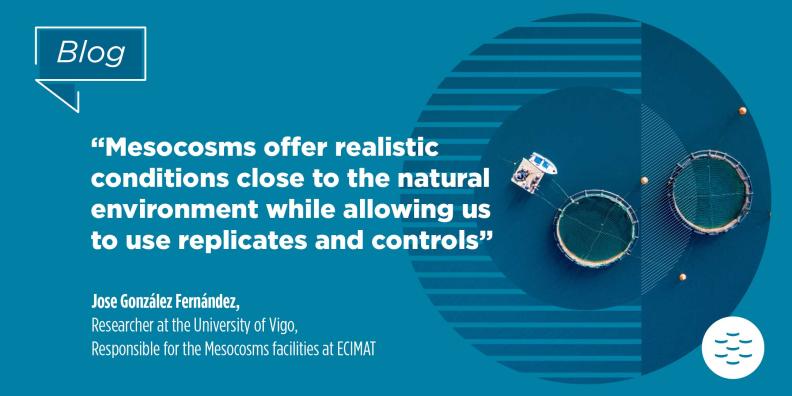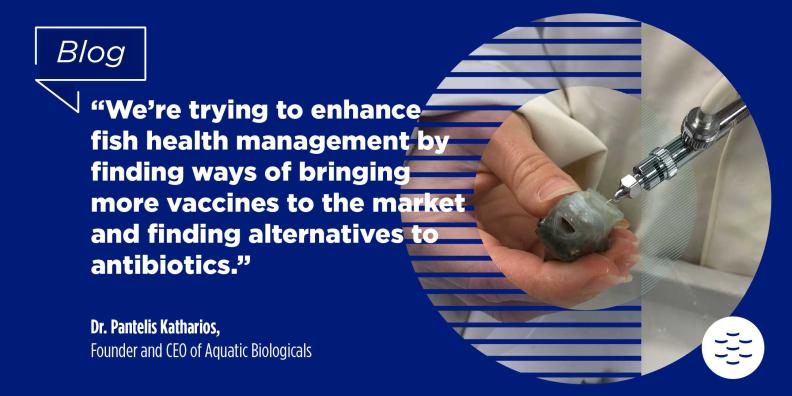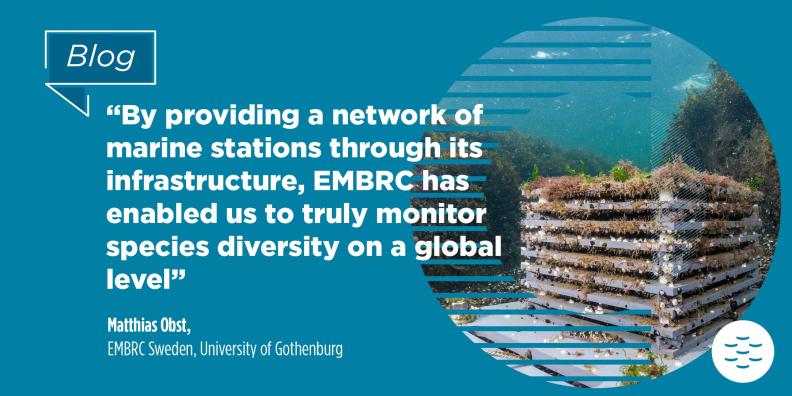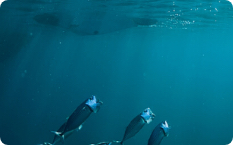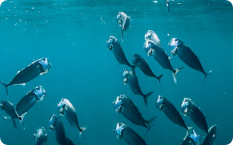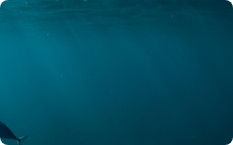When people think about the benefits of marine science, their mind will often go to conservation efforts first. And rightly so: learning more about the ocean helps inform better protection efforts. This might include finding ways of tackling pollution or identifying critical habitats and outlining the most effective ways to protect them.
But ocean observation has so many other benefits, which people might not be aware of, including for society and the economy.
While the UN Sustainable Development Goal (SDG) 14 – Life Below Water – underpins all our projects, the researchers across our network are also working towards other SDGs.
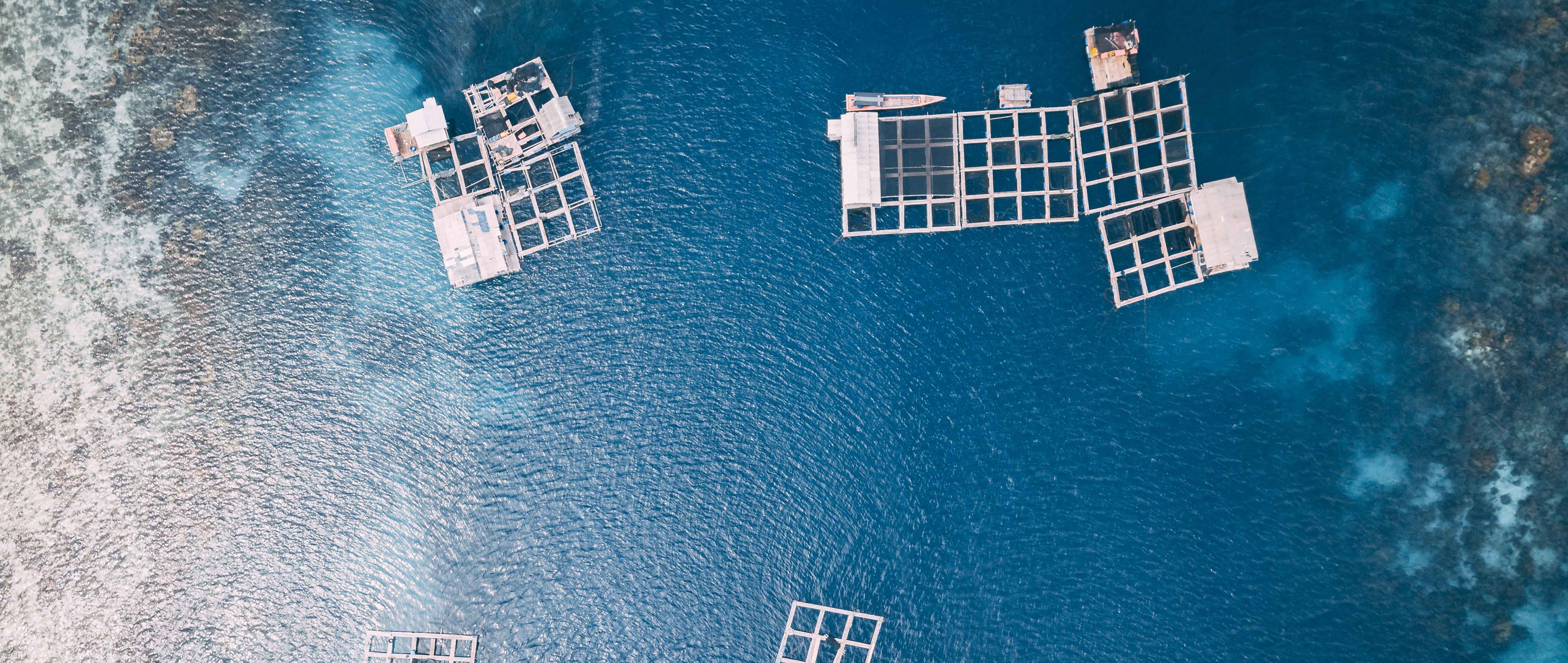
Industry, innovation and infrastructure
One particularly relevant goal is SDG 9 – Industry, Innovation and Infrastructure – which aims to build resilient infrastructure, promote sustainable industrialisation and foster innovation.
People might assume that NGOs and governments are the ones focused on tackling environmental change but, increasingly, members of the public are expecting the private sector to play its part too.
“The private sector is an important catalyst for change. As we adapt to our ever-changing climate, innovation is vital if we are to properly protect marine biodiversity,” says Nicolas Pade, Executive Director at EMBRC. “By working with industry, we can share the latest scientific knowledge and foster innovation to help them develop new services. This will enable us to stay ahead of potential issues and find the solutions we need for a sustainable future.”
Science-based decisions
For the move to a sustainable blue economy to be successful, actions must be based on scientific knowledge. This is important because of the complexity of ecosystems, both on land and in the ocean.
“Biology is much more complicated than people think ,” says Pade. For example, planting trees is generally considered a good thing for carbon sequestration but just planting a tree isn’t enough. You need to consider the type of tree, its age, location, and ecosystem services, such as the types of biodiversity it will support.
“By simplifying things too much, we can potentially create problems,” he says. This might come in the form of a well-meaning organisation trying to restore their local reef, and unintentionally bringing disease into the habitat or upsetting the balance of the ecosystem by favouring only one aspect of it.
These decisions must be science-based. As a distributed research infrastructure, EMBRC provides scientists – both academic and within industry – with the resources, services and expertise needed to push their projects forward and achieve the largest possible impact.
Just one example of this is EMBRC’s Joint Development Activities (JDA) initiative. Through JDA funding, five projects will develop services that will be added to EMBRC’s catalogue to strengthen the support offered to scientists by meeting current resource gaps.
Increased access to financial support
In order to achieve sustainability goals, many companies need significant financial support, which can prove difficult. This is especially true of the Black Sea region, which is in dire need of conservation interventions but where access to investment is a challenge for many marine biotech and sustainability SMEs, startups and other enterprises.
EMBRC is proud to partner with the Black Sea Accelerator (BSA) in its work to help sustainability companies in the Black Sea fulfil their potential. The initiative will help them reach investors and attract better financing through a combination of training, mentoring and networking support to help them improve their products, develop their business model and stand out in the market.
Upgrading infrastructure
Our changing climate brings new challenges for communities and businesses across Europe and beyond. Infrastructures that used to be fit for purpose will need to adapt, or have changes retrofitted, to withstand the pressures of our changing climate. For example, we must ensure the transition to clean energy sources doesn't negatively impact marine environments, help coastal areas endure more extreme weather events and the impacts of human pollution, and help fishers find ways of feeding populations without wiping out fish stocks and stripping the ocean of its resources.
Experts across the EMBRC network are exploring how to improve processes across many of these areas. There are projects analysing the environmental impact of green energy production methods, such as offshore wind and floating solar, developing sustainable marine food production methods through aquaculture and finding ways to improve resource efficiency and create more circular models.
Enhancing innovation for a sustainable future
We cannot have a sustainable future without industries and infrastructure changing.
“We need to create a sustainable Blue Economy because, without it, we will face devastating biodiversity loss and this will impact on people too. We are already seeing homes damaged by strong storms or flooding and millions of people in coastal communities losing their livelihoods,” says Pade. “To this, we can then add potential loss of food sources or reliable freshwater supplies as biodiversity struggles to fulfil its natural role,” he adds.
But we can adapt and progress is being made. “Through research efforts stemming from ocean observation and marine biotechnology, we can learn how to use resources efficiently, upgrade our technological capabilities and build prosperous communities,” he adds.
By supporting the research community, EMBRC is helping scientists find effective solutions faster.












